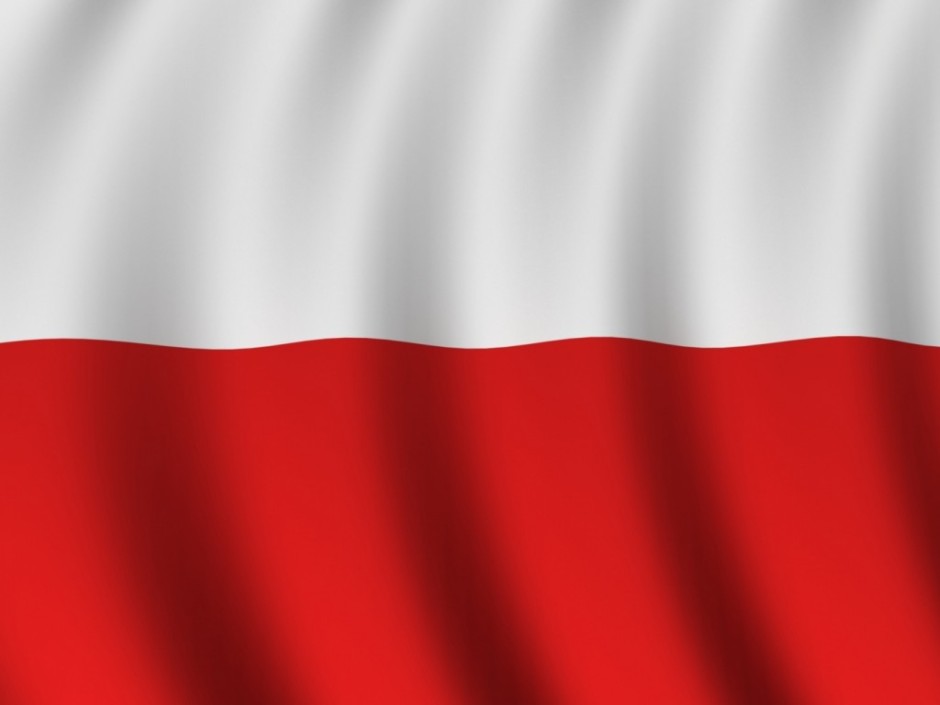Poland marked an historic anniversary on June 23.
At a “Polish Freedom Gala” banquet, held at the Fairmont Royal York Hotel in Toronto under the patronage of President Bronislaw Komorowski, Poland hailed its return to the western democratic fold.
Twenty five years ago this month, the Solidarity trade union movement staged a peaceful revolution that enabled Poland to make the transition from Soviet-style communism to democracy.
Its ripple effects, felt across the length and breadth of Europe, led to the fall of the Berlin Wall and the restoration of full sovereignty and freedom in a succession of neighbouring countries that had been in thrall to the Soviet Union.
In a speech following a brilliant piano recital of Chopin classics by 19-year-old Polish-Canadian pianist Jan Lisiecki, Marcin Bosacki, Poland’s ambassador to Canada, called these events “a civilizational change.”
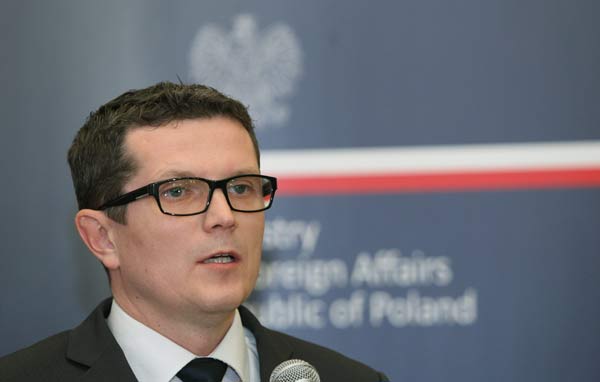
Since 1989, he noted, Poland has joined the NATO alliance as well as the European Union. And Poland’s economy, now the largest in central Europe and the fastest-growing one on the European continent, has become a model of its kind, said Bosacki, a former journalist.
For the first time in 1,000 years, he observed, Polish exports to western Europe are greater than western European exports to Poland.
Contemporary Poland, he declared in a flourish, stands for democracy, peace, freedom and human dignity.
Yet Poland continues to grapple with one of the last unresolved legacies of the Nazi and Communist eras.
Seventy five years after its occupation by Germany in World War II, Poland has yet to pass restitution legislation to compensate Poles for lost private property. By all accounts, Jews, who comprised about 10 per cent of Poland’s pre-war population, account for almost 20 per cent of the claimants.
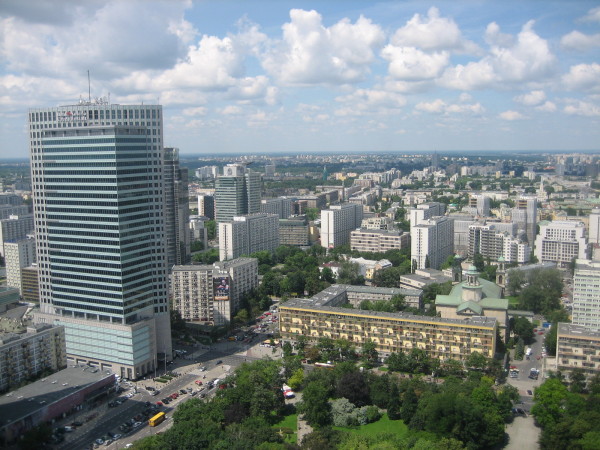
Under a 1997 agreement, Poland began to return communal property to rightful owners and heirs. But according to the Conference on Jewish Material Claims Against Germany, which has discussed the issue with Polish representatives, Poland is the only major country in the former Soviet bloc not to have settled this thorny problem.
In 2009, in the Terezin Declaration, 46 countries, including Poland, committed themselves to a statement of principles on property restitution. It read: “Participating states urge that every effort be made to rectify the consequences of wrongful property seizures, such as confiscations, forced sales and sales under duress…”
But progress has been glacial.
Greg Schneider, the executive vice-president of the Claims Conference, said recently that Poland owes a debt of honor to Jews. As he put it: “The thing about property restitution is it’s not a gift or a favor. It’s giving back property that was stolen.”
Several years ago, the then-prime minister of Poland, Jaroslaw Kazczynski, and Poland’s then ambassador to Israel, Agnieszka Magdziak-Miszewska, both promised that the government would work to adopt a law to redress the issue.
Yet to this day, Poland has not lived up to its promise.
According to Stanislaw Krajewski, a member of the Union of Jewish Religious Communities in Poland, and a founder of the Polish-Israeli Friendship Society, there have been 10 attempts to resolve the issue since Poland’s peaceful passage to democracy in 1989.
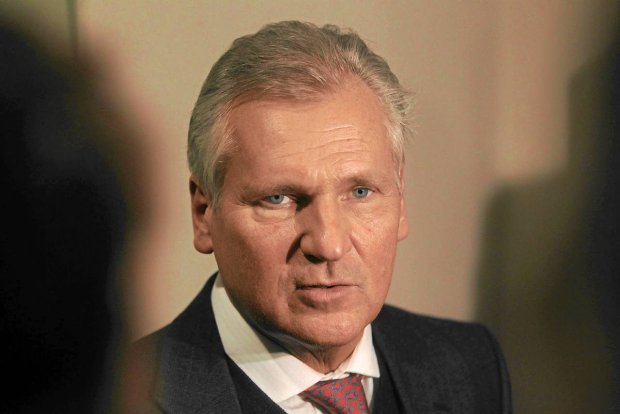
Fourteen years ago, the then-president of Poland, Aleksander Kwasniewski, vetoed such a bill, saying it violated the constitution and would be too costly to bear. In 2006, the Polish government submitted draft legislation proposing compensation for confiscated private property. But the bill was limited in scope, excluding properties in Warsaw, the capital, and offering only 20 cents per dollar.
“It’s a massive problem because millions of people are involved,” said Krajewski, a Warsaw University philosophy professor. “It would be a huge financial burden on Poland.”
By one estimate, Jewish property claims run the gamut from $30 to $40 billion (U.S.). The issue is exacerbated by two factors. Nearly half of Warsaw’s infrastructure was destroyed during the war and replaced by new buildings, and some of the areas populated by Jews before 1939 lie outside Poland’s present border.

The chief rabbi of Poland, Michael Schudrich, an advocate of Polish-Jewish reconciliation, said that Poland’s failure to expedite the problem is a “major moral stain” on its soul.
In 2008, in a piece in a Polish daily newspaper, the president of the World Jewish Congress, Ronald Lauder, wrote, “To deny the return of stolen property or adequate compensation violates basic democratic principles. Such a denial to a Holocaust victim is a double humiliation. People who barely survived the war and later learned that everything they owned had been seized by others, including the Polish state, cannot be expected to wait any longer.”

In a position paper, the World Jewish Restitution Organization said, “Assets taken over or expropriated must be given back, otherwise the wrong committed is not redressed. The international community demands it. Morality requires it.”
It added, “Poland should attempt to have all private properties confiscated from 1939 to the end of the Communist regime restituted to their former owners or their heirs, even if many such properties are currently possessed by third parties.”
At the behest of the World Jewish Restitution Organization, 50 British parliamentarians wrote a letter to Polish Prime Minister Donald Tusk, pressing him to resolve the issue expeditiously.
Zvi Rav-Ner, Israel’s former ambassador to Poland, said that Israel has raised the issue with the Polish authorities. “We are asking them to find a solution. It’s a difficult, painful, complicated issue. We just hope they find a solution. Within 15 to 20 years, there won’t be [Holocaust] survivors left to benefit from a restitution law.”
Konstany Gebert — a Polish-Jewish journalist and director of the Taube Foundation for Jewish Life and Culture, an American-based organization that funds Jewish projects in Poland — warned that Poland will face an avalanche of lawsuits should action not be taken.
“Poland could be sued to the heavens,” he said.
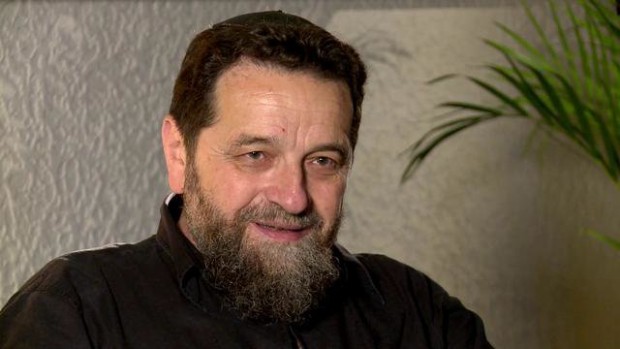
Several years ago, Baroness Ruth Deech, a member of the British House of Lords whose grandparents owned property in Poland, hired lawyers in an attempt to settle the issue.
“Poland has a responsibility to elderly Holocaust survivors, their heirs and other victims to return property which was seized by the Nazis or subsequently nationalized by the communist regimes,” she said. “Democratic Poland continues unjustly to benefit from the victims’ private property.”
Polish officials realize that the issue is eroding Poland’s image abroad.
“I wish it could have been settled already,” said Ewa Junczyk-Ziomecka, Poland’s consul general in New York City. “I ask the Jewish community to be patient.”
Maciej Kozlowski, Poland’s former ambassador to Israel, urged Jews to understand his country’s difficulties.
Due to border changes since 1945, a number of properties claimed by Jews are now in Ukraine, Belarus and Germany, he explained. “To write a law that excludes such property would be very difficult.”
In any event, he said, Poland is in no position to pay full value for lost properties.
Kozlowski, whose family estate near Krakow was confiscated by the Communist regime, expressed pessimism that Jewish claimants can ever be satisfied. “If we give them 20 per cent of the value of a property, we’ll be asked for 50 per cent. It’s a legal nightmare,”
He has no idea when Poland will finally come clean. “No one knows when a law will be passed. It’s a very complicated issue.”
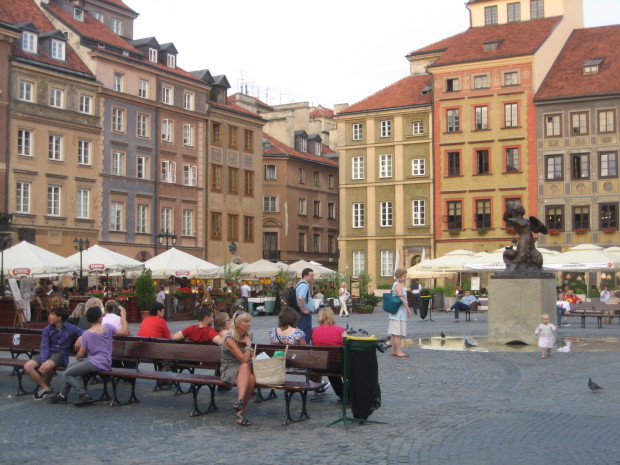
In the meantime, the Polish government has made it easier for victims of Nazi and Soviet oppression to apply for monthly pensions.
Until recently, people of Polish descent could receive such benefits only if they had a bank account in Poland or knew someone in Poland willing to transfer the money to them. But this rule has been waived.
A STATEMENT FROM POLAND’S EMBASSY IN OTTAWA:The complex problems of property issues go back to mid-twentieth century history (WW2). Over the last twenty years they have been a subject of heated debates and political discussions in Poland. The difficulty and complexity of the matter lies in the fact that Poland was severely destroyed during WW2, its borders changed dramatically in the wake of the war, which, in turn, resulted in a mass resettlement of populations living on Poland’s territory. Nevertheless, property restitution process has been underway in Poland for well over two decades now. As far as private property is concerned, the existing legal system in Poland makes it perfectly clear that any legal or natural person (or heir thereof) is entitled to recover prewar property unlawfully seized by either the Nazi German or the Soviet occupation authorities, or by the postwar communist regime. From the formal, technical perspective, there are two ways to address the issue of private property and to claim any moveable or immoveable objects: one being the standard court procedure, the other – the administrative procedure. It is a fairly well-functioning mechanism, one that has been tested by hundreds of thousands of claimants. These civil law and administrative procedures are sufficient for any claimant who can credibly demonstrate ownership of a given property to recover it or to receive compensation for it. What is more, Poland even offers compensation for property left by its prewar citizens in territories now beyond Poland’s frontiers (see: the so-called “Easter Borderland Act” of 2005). What is also to be stressed is that under current Polish law, any Polish citizen or anyone holding Polish citizenship as of September 1, 1939, is deemed eligible to file a property claim, regardless of their religion, ethnic background or current nationality. The system is not in breach of any domestic or international law; it therefore suffices for any interested party to claim property left in Poland or unlawfully seized by whatever political regime during or after WW2. Almost US$ 1 (one) billion has been paid to claimants by the State Treasury under the “Eastern Borderland Act” and over US$ 430 million paid to claimants by the Reprivatization Fund. Property restitution (or compensation for confiscated property) is a very effective process specifically as far as communal property is concerned, both with regard to Christian and non-Christian religious institutions. Restitution of real estate which once belonged to Jewish communities has been underway since 1997 and so far these communities have received ca. US$ 27 million in damages. The value of immovable property returned to Jewish communities in kind is hard to assess but may be several times greater – by a conservative estimate – than what has been paid in cash. No other communal property restitution process in Poland has been going so smoothly and effectively. For example in the years 2003-2013 the city of Warsaw itself paid more than US$ 300 million as a compensation for the unlawfully taken property. Additionally please be advised that on October 15, 1971 Poland has signed a compensation agreement with Canada on financial claims of Canadian citizens and companies towards the Polish state according to which Poland has paid the Government of Canada CA$ 1.2 million. If you would need more information on the restitution of property and indemnification agreements please visit www.propertyrestitution.pl |
